I’ll Take a Smile Over a Sticker {Why I Don’t Ask the “Organic” Question}
The Nature of Rest
What the Bible and Creation Teach Us About Sabbath Living
Intentional Parenting
Nature Studies
Apologetics
Adventure
Free Resource
Entrepreneurship
Homeschooling
Faith
Books
Categories
Master Naturalist, Bible teacher, author, wife, and mama of four! Join our adventures of discovering God while adventuring in creation.
I'm Eryn
Hey there!
Listen Now
Order now
This Is Part 5 of a series helping familiarize readers with shopping at their local Farmers’ Markets, read the other posts here!:
-
Now Is The Time To Forever Change How You Think About Food
-
The Secret to Shopping Confidently at the Farmers’ Market
-
7 Simple Ways to Shop With Confidence at Your Farmers’ Market
-
Does Your Farmer Have a Name? {5 important questions to ask at the Farmers’ Market}
A Standout Smile
Last year we had the opportunity to visit the Dane County Farmers’ Market in Madison, Wisconsin. It is the largest producer-only Farmers’ Market in the U.S. with over 160 vendors selling products only manufactured there in Wisconsin.
We were a little bit overwhelmed, to say the least, as we maneuvered our bus-of-a-stroller through the crowd while trying to take in all of the new variety, colors, aromas, textures, and faces of the market.
With so many vendors selling much of the same produce, how do we choose who to buy from? Well–it often comes down to their smile!
While we were strolling through the market that day, this lady’s stunning smile brought us to a halt. She stood out from surrounding vendors because we could tell simply by her smile that she was having a wonderful time. We did not ask if her radishes were organic. We did not ask if she sprayed anything on them, or what type of soil she used. Her smile said it all–she was very proud of these radishes! We had never bought, eaten, or even seen black radishes before. Her smile sold us and we took one home. We were not disappointed.
Does “Organic” Matter at the Market?
During my first year of shopping regularly at the Farmers’ Markets, I made a point of asking the farmers whether or not they “Were organic.” I quickly found that this question resulted in vague and ambiguous answers. That is because although the term “organic” is tightly regulated, it really doesn’t matter that much when it comes to shopping at Farmers’ Markets.
These farmers are proud of what they are growing, so of course they are not going to douse their plants in chemicals. They have a great passion for supplying people with healthful, vibrant, and wholesome food. Some vendors will wear the “organic” label, and they have rigorously filled out paperwork and paid hefty prices for that label. Not all small farmers can afford the “Organic” label, but you’ll find that they are growing organic foods nonetheless.
Of course if you are very concerned about whether or not a certain food is grown organically, by all means ask the farmers about their growing practices! But for me and my family, I like to keep things simple by judging an ingredient by its overall appearance and aroma, and by judging the farmer by their smile, kindness, helpfulness, and knowledge.
What is all the Hype over “Organic”, Anyways?
In a grocery store, where customers are removed from the farmer, the organic label is a helpful legal guarantee that a certain food was grown without synthetic fertilizers, pesticides, antibiotics, hormones, or genetically modified ingredients. But at the Farmers’ Market, the label is less important when you are face to face with the man or woman who grew the food you are considering, and you can ask them directly how it was grown.
Nina Planck is an author and the founder of the first Farmers’ Markets in London, England. In her book Real Food she writes about growing up as a child selling fresh produce from her family’s farm at the local Farmers’ Market.
The term “Organic” was just coming into popular food vocabulary, and Nina’s family found themselves at a loss for a satisfactory answer when people approached their standing asking, “Are you organic?” They could not claim to be organic, because they were not officially certified.
Instead, they began describing their growing practices on a large sign at their produce stand. “NO PESTICIDES”, their signs read; and, “OUR CHICKENS RUN FREE ON GRASS”.
Much More Helpful Than a Sticker
Today you will notice these same types of signs at your own Farmers’ Markets. Pay attention to them. They are often the creative ways a farmer gets around the pricey “organic” label, while still communicate their sustainable, wholesome growing practices to possible customers.
These farmers are asked a whole lot of questions, and so some also provide helpful brochures to describe their growing practices. I think I prefer the photobooks my farmer displays of his happy cows roaming in pasture and snacking on green grass over a big “organic” sticker anyways. Happy cow photos are a good selling point in my book.

Why I Don’t Ask the “Organic” Question
I no longer ask farmers whether or not they grow organically. Once in a while, to get a feel for a farmer and their products, I’ll ask whether they grow everything themselves, or how they like to cook with their ingredients. Simple questions like those open up opportunity for further conversation, from which I can take away whether or not I’d like to buy from them.
Of course there is the rare vendor who might be less than honest about the products they bring to the market. I stopped buying from one vendor because they complained every time I offered a simple greeting. I stopped buying from another because they had summer produce during late fall months, an indicator that they were sneaking in ingredients they hadn’t grown themselves. But please know that these instances are rare! And with a bit of time and practice you will begin recognizing red flags of dishonesty when you see them.
When it comes down to it, I trust that most farmers at the Farmers’ Market are growing their products in sustainable ways. And I know from experience that just about anything I purchase straight from a farmer will have a higher quality, superior taste, and be more nutritionally dense than anything I could find at a regular super market. That is good enough for me!
Two Truths to Make up for a Lie
A couple of months ago I found myself strolling through our year-long Farmers’ Market in Kansas City. It was our warmest day yet of the year and I was thrilled to find a meager yet hopeful offering of fresh produce. I approached the farmer behind a table arranged with boxes of spring onions and carrots, and asked him how he managed to keep them alive so early in the year.
“Oh, one way or another we make it happen.” He replied. I wasn’t quite satisfied, so I respectfully probed a bit deeper. “Do you grow this all yourself?” Without hesitation he looked me in the eye and offered his humble answer, “I’m not going to lie to you,” he told me, “Some of it we grow, but some of it we have shipped in. But there’s nothing wrong with it.” And he was right. It was all beautiful, and surely fresher than anything I’d find down the street in the super market.
I told him I appreciated his honesty, and he looked me in the eye again and said, “Growing up my father always told me that if you told a lie, you’d have to tell two truths to make up for it.”
In my opinion, it’s not a sticker that sells an ingredient. No, what matters to me is honesty. Honesty sells. Smiles sell. Kindness sells. I went home with a sack of his beautiful carrots.
learn more
Raising kids stirs something deep in our souls — an innate knowing that our time is finite. Taking my kids outside in creation, I’m discovering how to stretch our time and pack it to the brim with meaning. God’s creativity provides the riches of resources for teaching the next generation who He is and how He loves us. Join our adventure and discover inspiration and resources for refusing rush, creating habits of rest, living intentionally, and making the most of this beautiful life!
I'm Eryn, Master Naturalist, Author, & Bible Teacher
Hey there!
Receive free inspirational resources for refusing rush, creating habits of rest, parenting with intentionality, and teaching our kids who God is through what He has made!
Inspired
Be
Brand + Website by Amarie Lael Design | TERMS & CONDITIONS + PRIVACY POLICY | Copyright 2011 - 2026 Eryn Lynum
Contact
Speaking & media
About
Books
Shop
Videos & Interviews
Email List
Stories
Free Downloads
Resources
Home
@erynlynumauthor
The Nature of Rest
What the Bible and Creation Teach Us About Sabbath Living
Now Available!
Order
X
Signed Copy
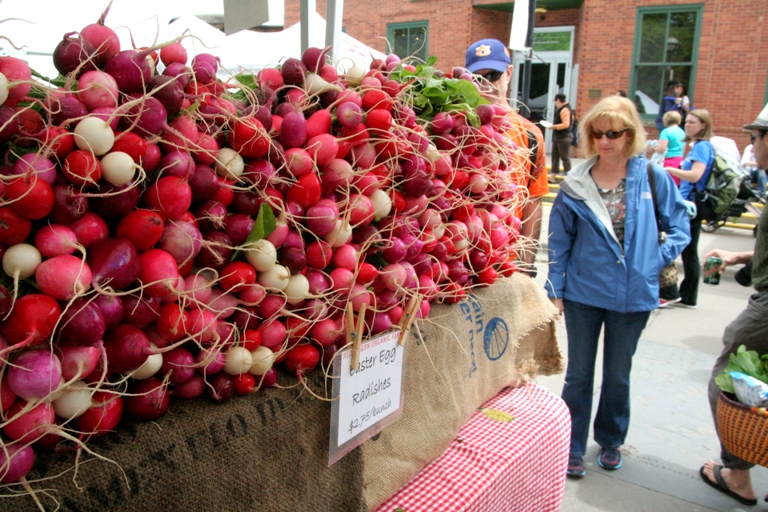
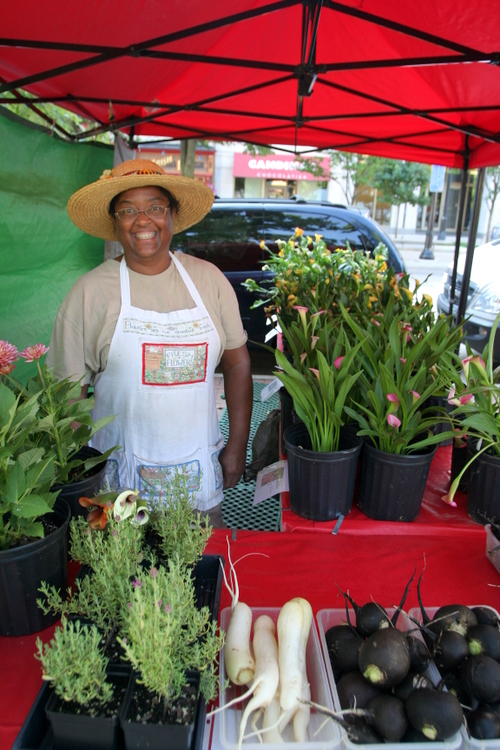
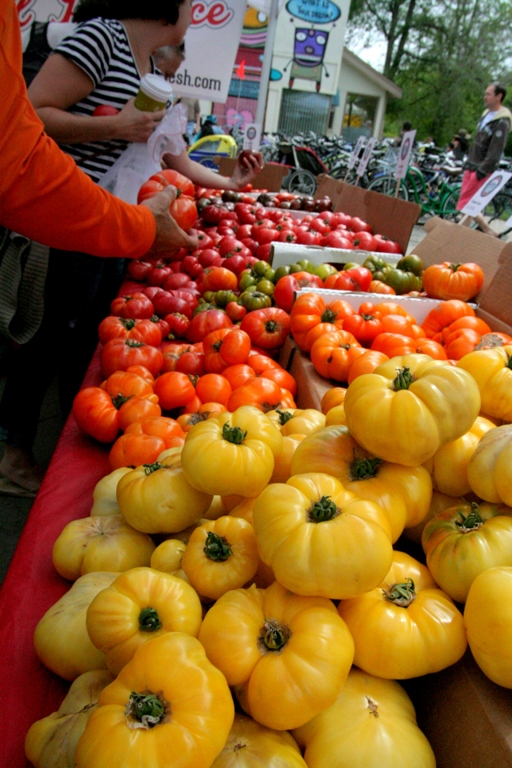
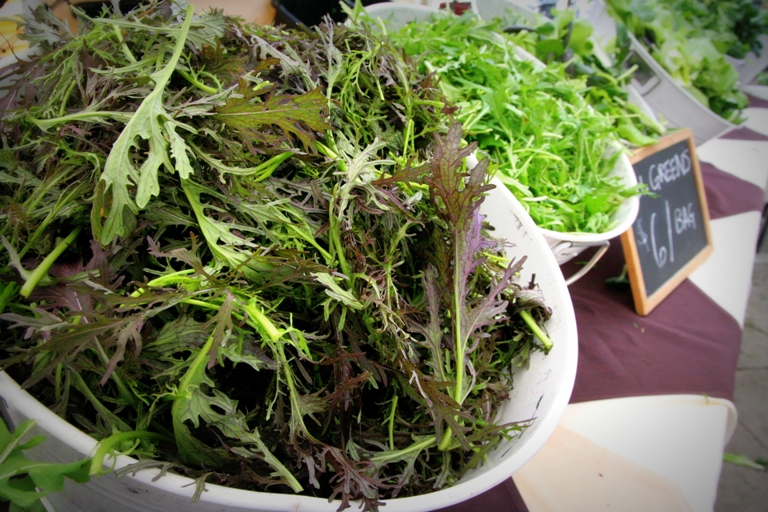
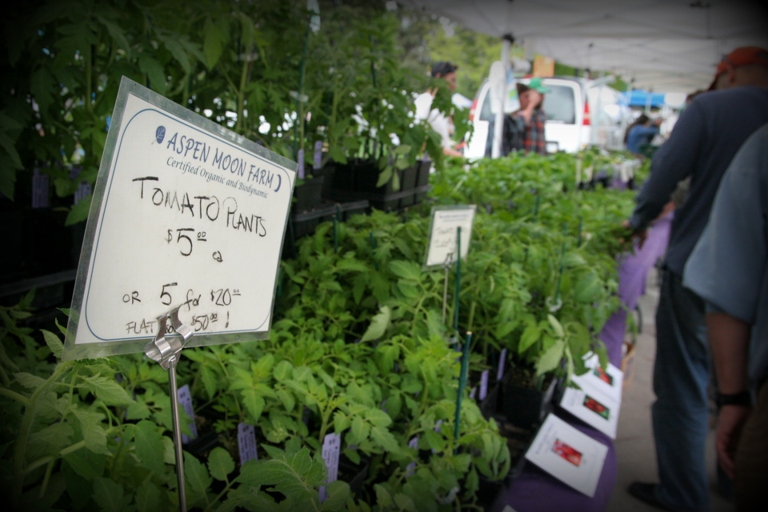
Add a Comment